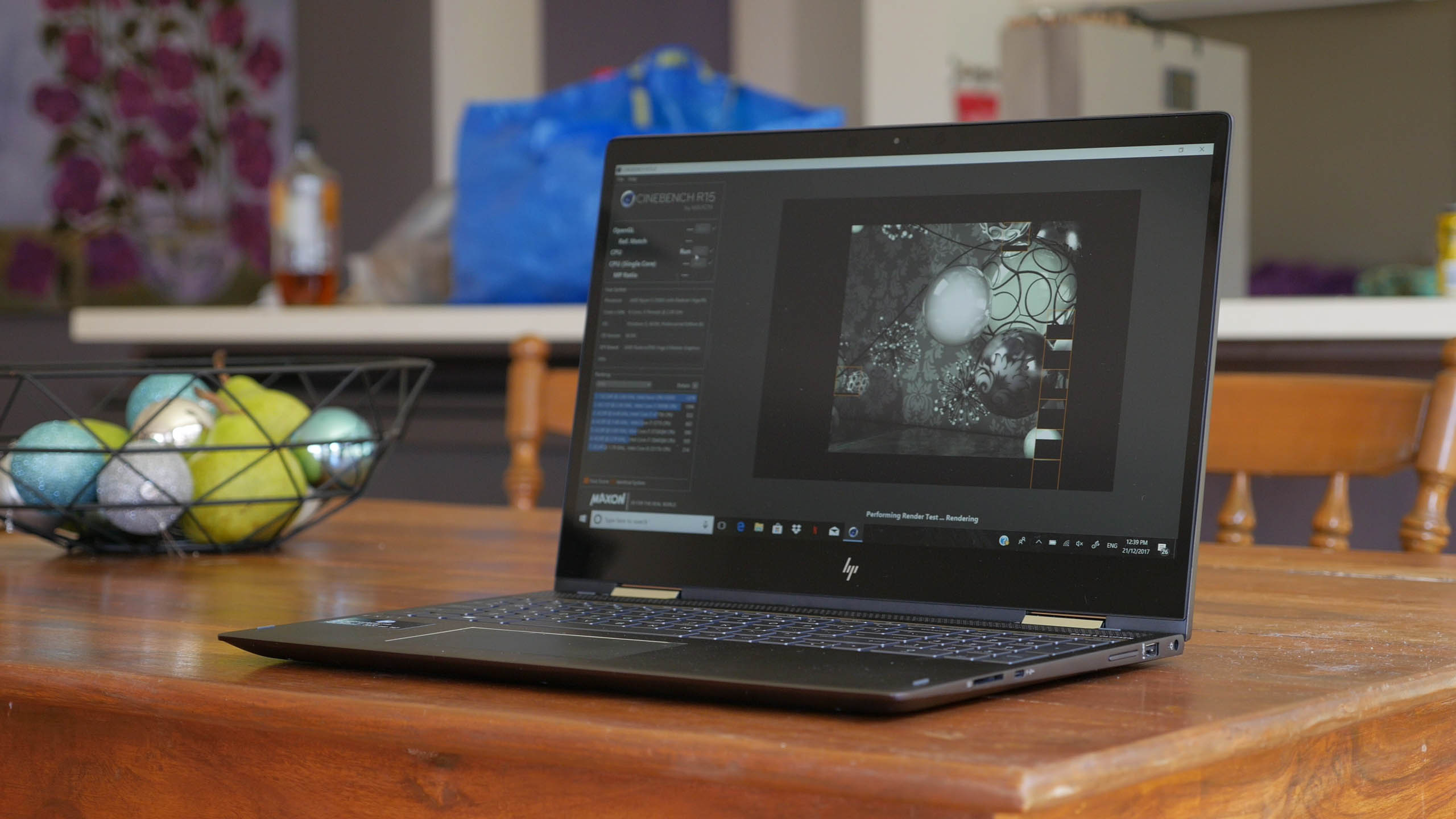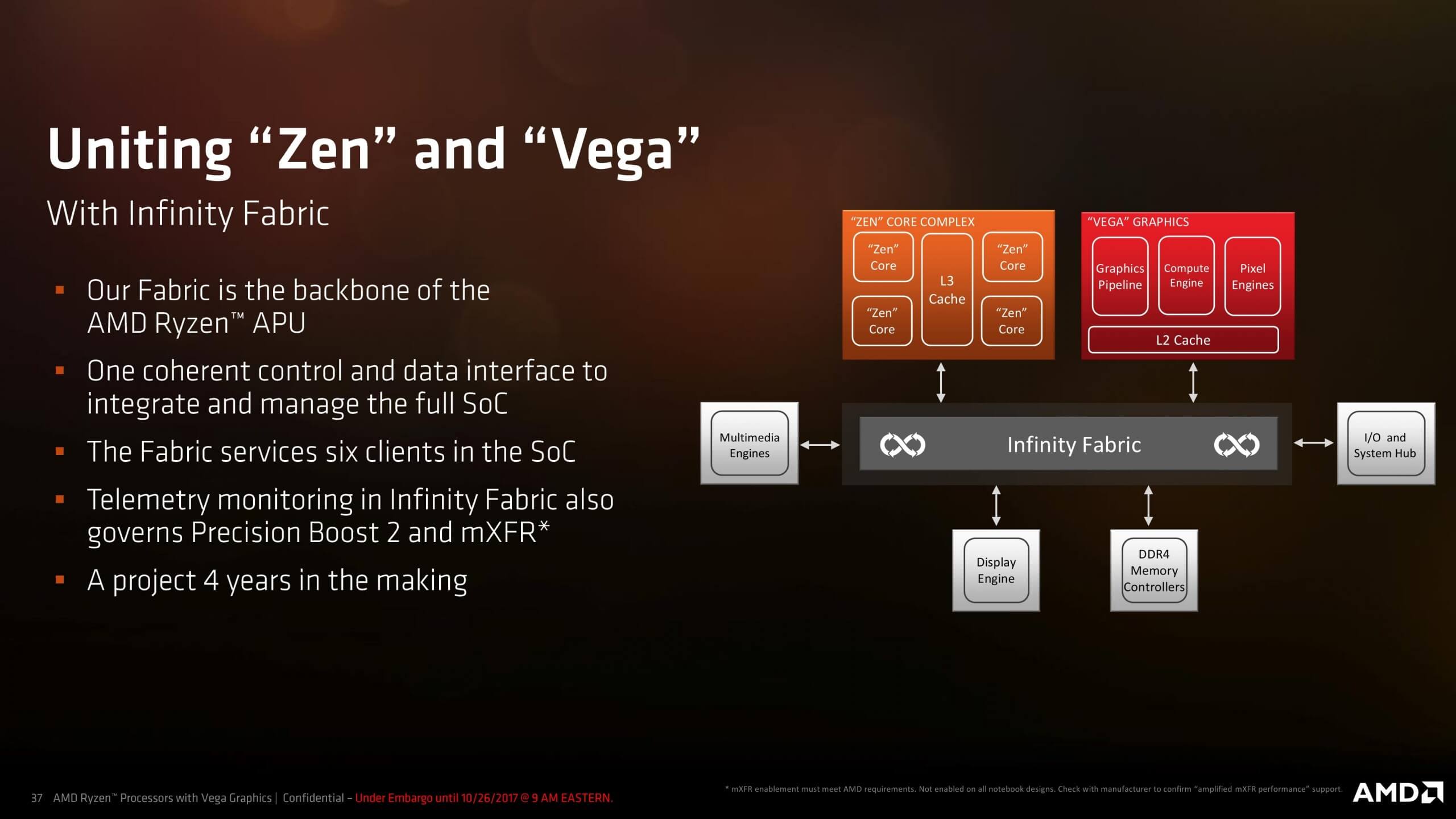What just happened? Over the past few days Geekbench 4 results for three new AMD mobile processors have surfaced. The Ryzen 3 3200U, Ryzen 3 3300U and Ryzen 5 3500U. Geekbench leaks have been very reliable in the past, which is why an average performance improvement of 25% is a big deal.

Last year, AMD marketed their first generation of Ryzen mobile processors as a generation ahead, and apparently, they’ll do it again. All these 3000 series processors use the Raven Ridge architecture and Vega graphics, meaning they’ll probably be 12nm based like the Ryzen 2000 desktop processors. Like the previous generation, they all have a 4MB cache and 15W TDP.
According to Geekbench, the Ryzen 3 3200U shares the same two core, four thread configuration as the 2200U but has a base clock that’s 100Mhz faster at 2.6Ghz. The boost clock remains unknown but must be much higher for the chip to claim an impressive single-core score of 3588 (25% increase), and a multi-core score of 6924 (24% increase), on a 14” laptop with 10GB of RAM.
Reducing the RAM to 6GB brought the performance down 3% and 5% on 17” and 14” laptops, respectively, while reducing it to 3.5GB brought the performance down by 11% on another 14” model. Puzzlingly, the chip’s scores went down 35% in one benchmark run, but this is probably due to another application being open or some other error because it achieved full performance two minutes later.
Recommended read: Ryzen Mobile Arrives: AMD Ryzen 5 2500U Review
AMD seems to have followed the same strategy for the Ryzen 3 3300U, keeping the same four core, four thread configuration from the 2300U, but increasing the base clock slightly to 2.1Ghz. The 3300U was benchmarked just once in a 17” laptop with 10GB of RAM, and it achieved a single core result of 3654 (25% increase) and a multi-core score of 9686 (24% increase).

The Ryzen 5 3500U is the same part as the 3300U, just with multi-threading enabled. Doubling the number of threads nets it a single core score of 3870 (23% increase) and a multi-core score of 11284 (32% increase) on a 17” laptop with 14GB of RAM. This places the processor slightly above the 3300U and in the same performance bracket as last generation’s 2700U and the Intel i5-8250U.
A second Geekbench entry suggests that the 3500U may come in two different power configurations, as a smaller 14” model with the same 14GB of RAM achieved a single core score of 3776 and a multi-core score of 9787, which are only 20% and 14% better, respectively, than the 2500U.
According to Apisak, who’s a small-time leaker, the 3700U and 300U will be making an appearance, too. SiSoftware and Userbenchmark listings both show the 3700U as having identical specs to the 2700U, which seems unlikely, and there’s nothing at all on the 300U. We’ll have to wait and see.
Overall, AMD looks to be presenting a strong mobile lineup next year. Current gen Ryzen mobile launched around the beginning of this year, so it’s certainly possible that AMD will announce them soon, maybe even at CES.
https://www.techspot.com/news/77886-leaked-benchmarks-reveal-performance-specs-amd-next-gen.html